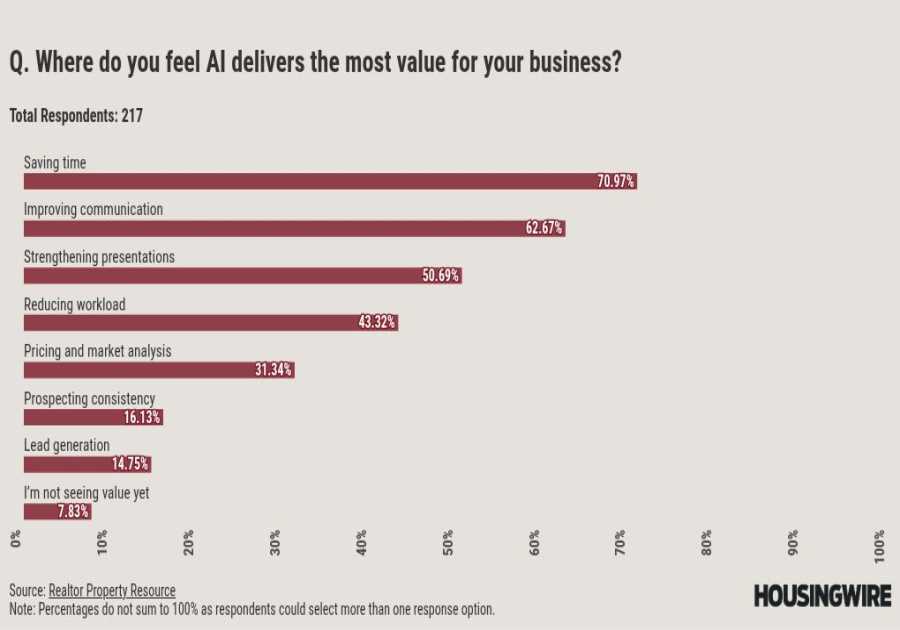Many couples assume that having no childcare expenses puts them financially ahead, but that confidence can hide several financial blind spots that become more costly with age. Without the built in structure of kid related planning, long term decisions often get pushed aside in favor of short-term comfort and lifestyle spending. But once couples approach 40, the consequences of those overlooked details start to show up in savings gaps, missed opportunities, and reduced future flexibility. The good news is that these issues are easy to fix once you know what to look for. Addressing them now helps secure your finances for decades to come.
1. Failing to See Financial Blind Spots in Your Emergency Fund
Many couples overlook emergency savings because their two incomes feel stable, which makes hidden weaknesses easier to ignore. When one job loss or medical expense hits unexpectedly, gaps become obvious fast. Couples without kids often underestimate how quickly emergencies can snowball into debt. Building three to six months of savings offers powerful protection. The earlier this habit begins, the easier it becomes to maintain.
2. Overspending on Lifestyle Upgrades
With more disposable income, couples often splurge on travel, dining out, or luxury goods without realizing how these habits mask deeper money problems. Lifestyle creep becomes dangerous because it raises monthly expenses without increasing long term security. When spending becomes normalized, it is hard to scale back. Setting limits protects savings goals while still allowing room for fun. At 40, these decisions determine whether your money works for you or against you.
3. Not Having the Right Insurance Coverage
Another common oversight is underestimating insurance needs, which is one of the more costly financial blind spots. Couples may skip disability insurance or assume employer coverage is enough. But a long-term illness or injury can devastate finances if coverage is weak. Reviewing health, disability, property, and umbrella policies ensures greater protection. Adequate coverage offers peace of mind and long-term security.
4. Neglecting Long Term Retirement Planning
Retirement feels distant in your 30s, which makes it one of the easiest areas of your plan to ignore. Many couples save casually without calculating what they will actually need later. Without kids to prompt future planning, the urgency fades. But compound growth works best when started early. Making clear contribution goals now avoids scrambling later.
5. Underestimating Housing Costs and Future Needs
Some couples overextend on homes because they expect fewer long-term expenses, which creates hidden vulnerabilities in their budget. Future repairs, rising taxes, and maintenance costs often exceed expectations. Without careful planning, mortgage decisions limit future financial flexibility. Choosing a home based on long term affordability helps maintain balance. A realistic housing plan keeps budgets resilient.
6. Avoiding Conversations About Estate Planning
Estate planning is one of the most overlooked financial blind spots, especially among couples without kids. Many assume wills or directives are unnecessary without dependents. But every adult needs a plan for healthcare decisions, assets, and emergencies. A simple estate plan prevents legal complications during difficult times. These conversations strengthen long term financial clarity.
7. Ignoring Investment Diversification
Some couples place all their money in one type of investment without realizing the risk. This creates serious exposure because market downturns become much more damaging. Diversifying across stocks, bonds, and alternative assets stabilizes long term growth. Spreading investments reduces emotional decision making during volatile periods. Variety builds more resilience over time.
8. Not Preparing for Healthcare Costs in Middle Age
Healthcare expenses increase in your 40s, making this one of the most dangerous financial blind spots if ignored. Couples often assume insurance will cover everything, but out of pocket costs can rise quickly. Planning for deductibles, prescriptions, and preventative care helps reduce unexpected strain. Setting aside savings dedicated to health costs offers protection. Future medical planning is essential for long term stability.
9. Forgetting to Plan for Aging Parents
Because couples without kids focus on their own independence, they often overlook responsibilities tied to aging parents. This creates emotional and practical gaps that can be hard to manage later on. Unexpected caregiving costs or support needs can impact savings and work schedules. Building a plan early helps avoid last minute financial strain. Conversations with family create realistic expectations.
10. Assuming Two Incomes Will Always Be Enough
Dual income households feel financially safe, but that confidence hides many financial blind spots. Job changes, relocations, layoffs, or burnout can reduce income unexpectedly. Couples often fail to plan for scenarios where only one person is earning. Preparing for one income living creates a stronger financial foundation. This mindset protects long term flexibility and security.
Building Stability by Addressing What You Cannot See
Fixing financial blind spots before 40 empowers couples to build a future that supports both freedom and long-term security. With clear planning, healthy savings habits, and honest conversations, couples can prevent money stress from building over time. Addressing these blind spots early turns financial uncertainty into confidence. The goal is not perfection but awareness that supports smart, sustainable decisions.
Which financial blind spots have surprised you the most, and what changes are you making before 40? Share your thoughts in the comments.
What to Read Next…
10 Financial Lessons Couples Learn Too Late in Their 40s
Financial Mistakes to Overcome in Your 50s
10 Financial Surprises That Hit Couples After Their 40s
17 Financial Habits to Adopt in Your 20s That Will Pay Off by Your 30s
7 Financial Pitfalls That Destroy Wealthy Couples in Their 50s
------------Read More
By: Catherine Reed
Title: 10 Financial Blind Spots Couples Without Kids Need to Fix Before 40
Sourced From: www.dinksfinance.com/2025/11/10-financial-blind-spots-couples-without-kids-need-to-fix-before-40/
Published Date: Wed, 26 Nov 2025 15:00:23 +0000
Did you miss our previous article...
https://trendinginbusiness.business/finance/how-burnout-feels-different-when-you-have-no-time-off-for-family-life
.png)





